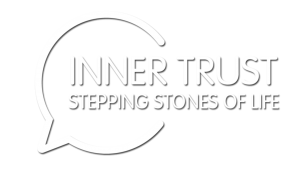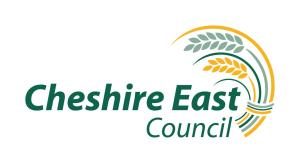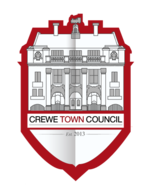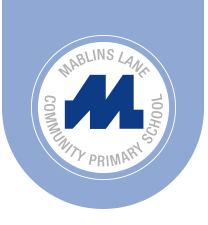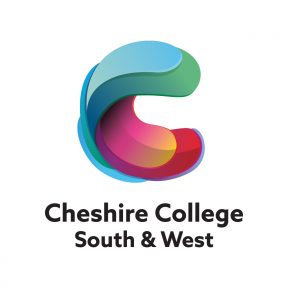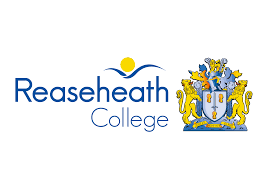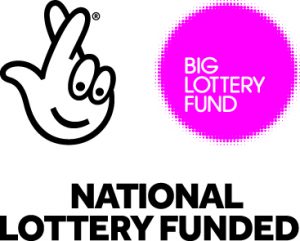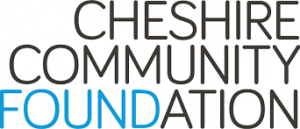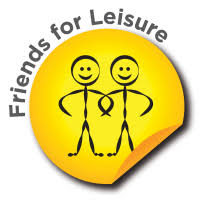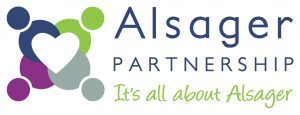
What a journey it is to go on when beginning a Person-Centred Counselling course. I find myself overcome with nostalgia writing about it today…although, my fingers freeze with hesitation. It’s not writer’s block, it’s most definitely the trepidation within me to be candid. You see, some groups will bond well and others won’t. Some journeys will be brimming with personal, academic or professional achievement and others won’t. Some individuals will make it all the way and others won’t. What I mean to say is, this journey is not for the faint hearted. However, please don’t be discouraged by my words, after all this article is meant to be informative and real. What I can tell you with certainty is, our group made some lifelong friends and came out the other side with a degree. The blood, sweat and tears have been worth it. To Counsel individuals in my hometown in Cheshire is both a privilege and an honour.
Let me start at the beginning…
A college partnership is an agreement between this smaller academic training provider and a larger one like a University. In our case, it was Crewe College and Derby University. Weighing up the pros and cons are important when deciding on a training provider. A college being a smaller venue means there are less resources available, such as a smaller library and limited access to other resources. However, it does mean there may be smaller groups and more intimate classroom environments. Commuting back and to maybe easier, as well as navigating the hallways. For us, the tutors from Derby would visit periodically and take classes or answer questions. However, this may not be enough for some who might want a closer relationship with more tutors, maybe from varied psychological approaches and backgrounds. Having said that, we took classes on Compassion Focused therapy and even a Transpersonal Therapy lead approach based in Shamanism, all given at Crewe College by visiting tutors from Derby University.
Other therapeutic approaches we learnt about at Crewe include CBT and Psychodynamic therapy. However, the primary approach was Person-Centered Therapy. Developed by Carl Rogers in the 50’s, it’s considered the base or foundation of every other therapeutic approach. It is comprised of three Core Conditions. Those being – Empathy, Congruence and Unconditional Positive regard. Each of these are practiced within the relationship from the therapist towards the client. An important point to mention here is the use of the word ‘client’ as opposed to patient. This deliberate change in terminology is a further attempt to even out the power and control balance within the therapeutic relationship, so the autonomy of the individual looking for help is intact. This is something we strive for as counsellors. We want our clients to feel we are walking alongside them, not guiding or pushing them in any direction. We want them to know they have choices, most probably in their life but definitely within the counselling relationship.
A client may have never been actively listened to, understood and gently challenged before. All this takes place within a helpful relationship with clear boundaries. This ultimately makes it a safe relationship. One where the client can unburden themselves, unpick things and explore their emotional landscape; finding out who they want to be. It is my fervent hope, as a counsellor, my clients get the most out of the service I offer. Which is why undertaking a counselling course of quality and having regular supervision is vital to everyone’s success. Today, I’m only scraping the surface of a counsellors journey from the beginning. There are many more topics to cover. I hope this introduction serves as a foundation for what’s to come. I feel the information I’ll be talking about in my coming blog posts will be helpful for both counsellors and prospective clients.
Thanks for reading,
Spencer.
